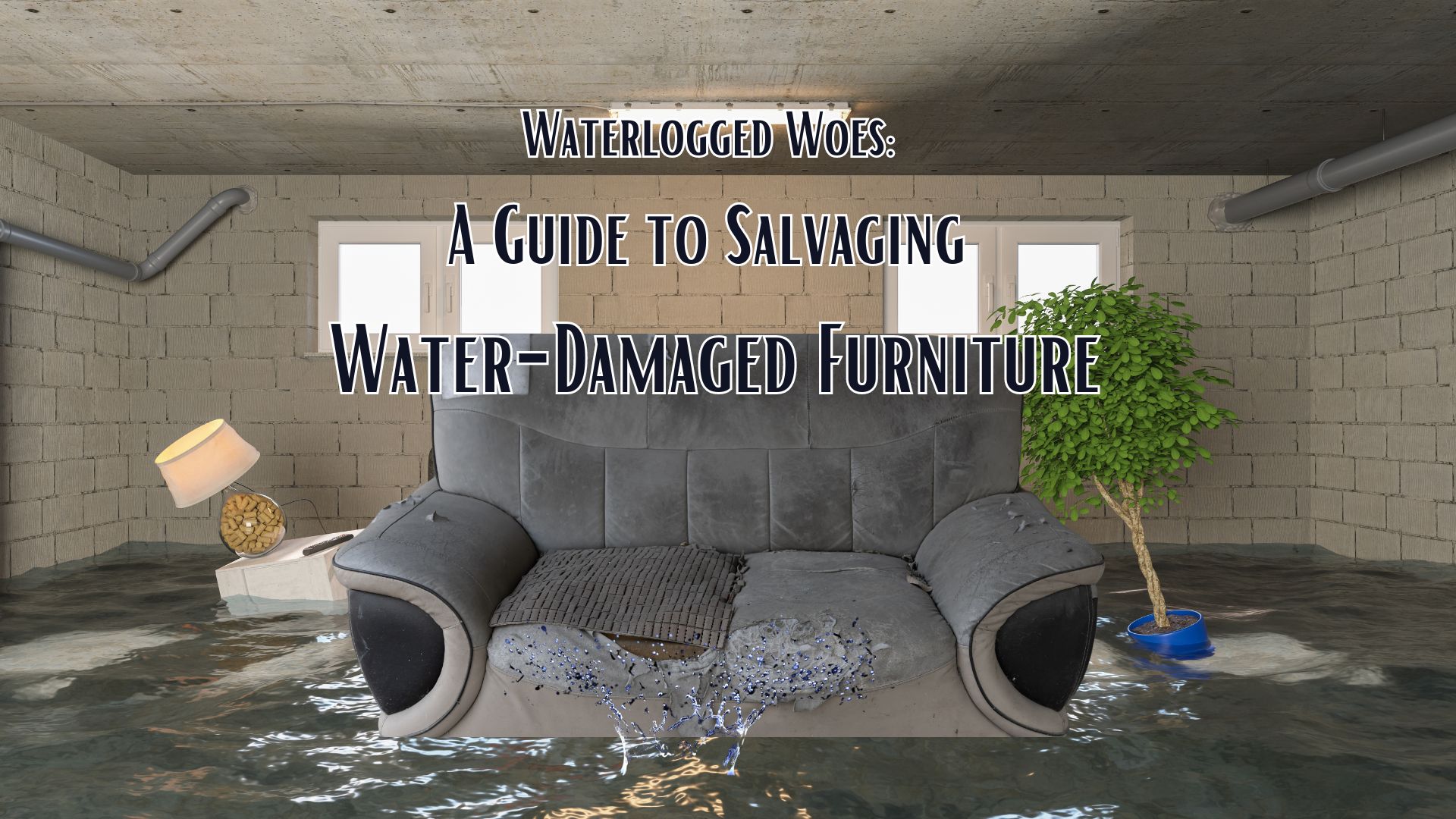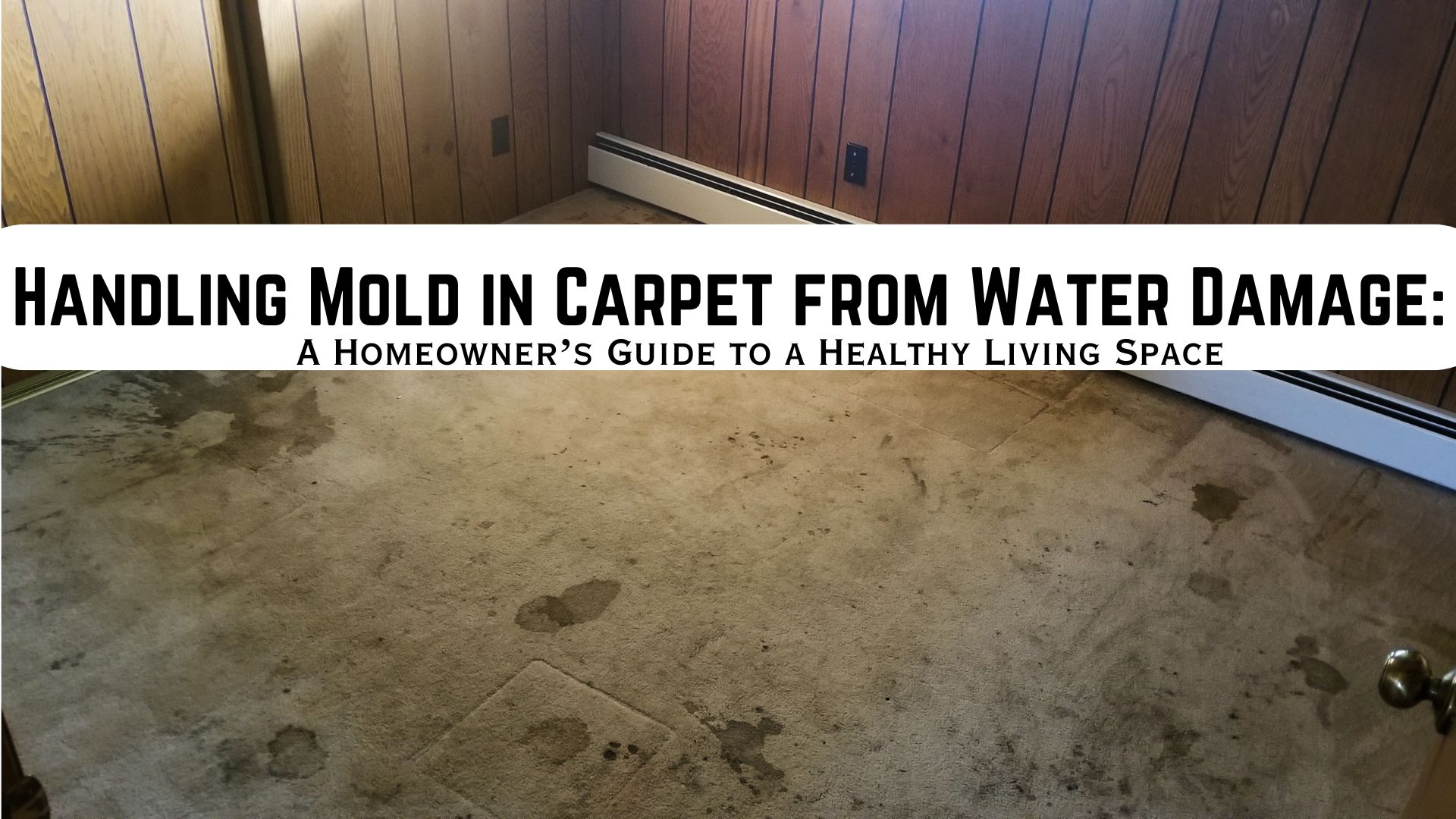
The Silent Threat Below: Sewage Backup in Basement and Its Consequences
Overflowing sewage in the basement is more than just an inconvenience; it can be a homeowner’s worst nightmare. The potential for water damage, exposure to hazardous waste water, and the costly aftermath make sewage backup a serious concern for homeowners. In this comprehensive guide, we’ll delve into the causes, consequences, and most importantly, preventive measures to protect your home from sewage backup in basement.
Unraveling the Causes: From Sewer Lines to Tree Roots
Understanding the root causes (no pun intended) of sewage backup is crucial in preventing it. One common culprit is the intrusion of tree roots into sewer lines. As trees grow, their roots can penetrate pipes, causing blockages and disrupting the smooth flow of waste water. This issue often leads to sewer backup, especially during heavy rainfall when the ground becomes saturated, making it easier for roots to infiltrate sewer lines.
The Role of Washing Machines in Sewage Backup: Hidden Dangers
While washing machines are a convenience in modern households, they can inadvertently contribute to sewage backup issues. The lint, soap residue, and debris that accumulate over time can create obstructions in the sewer lines. Additionally, the sheer volume of water discharged during the washing machine’s cycle can strain the sewer system, especially if it is already under stress due to heavy rainfall or other factors. Regular maintenance of your washing machine and being mindful of its impact on the plumbing can mitigate these risks.
The Anatomy of a Disaster: How Sewer Backup Occurs
Sewage backup occurs when the sewer system is overloaded, leading to a reversal of the flow and causing waste water to back up into your basement. This can happen due to various reasons, such as a blockage in the sewer line, a malfunctioning sewer pump, or excess water from heavy rainfall overwhelming the system. Toilets, sinks, and even washing machines connected to the sewer system can contribute to the problem, making it essential to understand the intricacies of your home’s plumbing.
Recognizing the Signs: Water Damage and Black Water Risks
One of the most evident consequences of sewage backup in basement is water damage. This damage goes beyond the visible signs on the basement floor; it can permeate walls and compromise the structural integrity of your home. Furthermore, the water that backs up from the sewer system is often categorized as “black water,” which is highly contaminated and poses severe health risks. Immediate action is crucial to mitigate the damage and prevent exposure to harmful substances.
The Role of Backwater Valves: A Shield Against Sewer Backup
Installing a backwater prevention valve is a proactive measure to safeguard your home from sewage backup. These valves are designed to allow water to flow out of your home but prevent it from flowing back in. It acts as a barrier against sewer backup, closing automatically when the water flow reverses. Regular maintenance and inspection of backwater valves ensure their effectiveness in preventing sewage backup in basements.
Preventive Measures: From Grease Disposal to Sewage Pump Installation
Taking preventive measures is key to avoiding the headache of a sewage backup in basement. Avoid pouring grease down the drain, as it can solidify and contribute to blockages in the sewer line. Regularly inspect and maintain your sewage pump to ensure it functions properly, especially during heavy rainfall. Educate household members on responsible water usage, and discourage practices that could overload the sewer system.
DIY Maintenance: Tips for Homeowners to Prevent Sewage Backup in Basement
Empowering homeowners with practical, do-it-yourself maintenance tips can further enhance the resilience of their properties. Regular inspections of plumbing fixtures, such as toilets and sinks, can help identify and address potential issues before they escalate. Educate residents about the proper disposal of household waste, emphasizing the consequences of pouring grease down drains. Simple actions, like avoiding flushing non-disposable items, contribute to the overall health of the sewer system.
Protecting Your Basement Floor: Waterproofing Solutions
In addition to installing backwater valves, considering basement waterproofing solutions adds an extra layer of protection against sewage backup. Various methods, such as sealants, waterproof membranes, and proper drainage systems, can help prevent water from seeping into the basement. Addressing vulnerabilities in the foundation and walls fortifies your home’s defenses, reducing the risk of water damage during a sewage backup in basement incident.
Public Sewers and Heavy Rainfall: External Factors Impacting Your Home
While you may have control over some factors contributing to sewage backup in basement, external elements like public sewers and heavy rainfall play a significant role. Public sewers, when overwhelmed, can cause a ripple effect, affecting individual homes connected to the system. Heavy rainfall increases the volume of water in the sewer system, making it more susceptible to backups. Understanding these external factors can help you take preemptive measures to protect your home.
Future-Proofing Your Home: Technological Advances in Sewage Prevention
As technology advances, so do the tools available for preventing sewage backup. Smart home systems and sensors can provide real-time monitoring of water levels in the sewer system, alerting homeowners to potential issues before they escalate. Investing in such technological solutions can offer peace of mind and further fortify your home’s defenses against the threat of sewage backup.
A Dry Basement, A Happy Home
In conclusion, sewage backup in basement is a serious threat that requires attention and preventive action. Understanding the causes, recognizing the signs, and implementing protective measures such as backwater valves are crucial steps in safeguarding your home. Regular maintenance, responsible water usage, and awareness of external factors like heavy rainfall contribute to a comprehensive strategy for preventing sewage backup. By taking these steps, you not only protect your property but also ensure a safe and healthy living environment for you and your family. Don’t wait until the basement is flooded; act now to secure the heart of your home.
Seek Water Damage Experts for Sewage Backup in Basement
In the aftermath of a sewage backup in basement, the role of a water damage restoration company becomes pivotal. These professionals specialize in swift and efficient cleanup, addressing not only the visible water damage but also the potential health hazards associated with black water contamination. Equipped with expertise and advanced equipment, a water damage company can mitigate the immediate risks, restore your property to pre-damage conditions, and ensure a safe and healthy living environment. Their prompt intervention is essential in minimizing the long-term impact of sewage backup on your home.
Call now! For emergency water damage restoration services, Superior Restoration is available 24/7.




